
How to get URL link on X (Twitter) App


 2. Queen Ntombazi was the daughter of the Ntshalintshali who married King Langa kaXaba. She gave birth to an heir by the name of Zwide who grew up to rule his father’s kingdom.
2. Queen Ntombazi was the daughter of the Ntshalintshali who married King Langa kaXaba. She gave birth to an heir by the name of Zwide who grew up to rule his father’s kingdom. 
 2. It is said that Tana and Godongwana, had a discussion as they were bathing in the cool waters of the uMfolozi River one afternoon. As they were talking excitedly Godongwana was heard saying:
2. It is said that Tana and Godongwana, had a discussion as they were bathing in the cool waters of the uMfolozi River one afternoon. As they were talking excitedly Godongwana was heard saying: 
 2. In the late 18th and early 19th centuries three great leaders emerged in present day South Africa and Eswatini who brought large numbers of clans under their control. These leaders were King Sobhuza of AmaNgwane , King Zwide of the AmaNxumalo and King Dingiswayo of the Mthethwa. As these kings rose to prominence, wars became frequent.
2. In the late 18th and early 19th centuries three great leaders emerged in present day South Africa and Eswatini who brought large numbers of clans under their control. These leaders were King Sobhuza of AmaNgwane , King Zwide of the AmaNxumalo and King Dingiswayo of the Mthethwa. As these kings rose to prominence, wars became frequent.
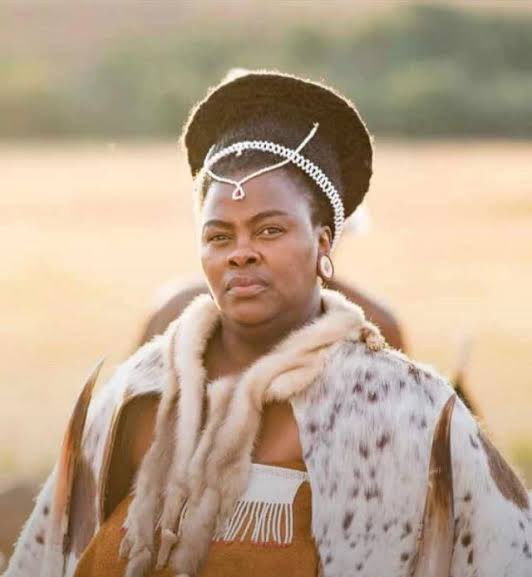
 2. The twin girls were not loved by the community as there was great fear that they would bring curses and attract ancestral wrath on the Zulu community. This fear was confirmed when the queen mother died before she could bear the king a male heir. Mkabayi and her twin sister bore the brunt of the people's hate and rejection.
2. The twin girls were not loved by the community as there was great fear that they would bring curses and attract ancestral wrath on the Zulu community. This fear was confirmed when the queen mother died before she could bear the king a male heir. Mkabayi and her twin sister bore the brunt of the people's hate and rejection.

 2. After clashes with the Ndebele between 1860-1864 over gold and trade routes , Hwata Nherera Gwindi, travelled to meet King Mzilikazi at his capital where they agreed to have a mutually beneficial alliance . It was agreed that the Ndebele would have partial access to the lucrative Shawasha gold mines and Portuguese trade routes controlled by the Hwata. The Hwata dynasty stretched from present day Harare, past the Mazoe Dam (then commonly known as pagomba) to modern day Glendale and to the heads of the Mazoe, Tateguru and Murowodzi valleys. In return the Ndebele had to assign personal and family bodyguards for Hwata Gwindi and dispatch regiments to protect him from his family contenders and external enemies. With Ndebele backing Hwata Nherera Gwindi and his son Mazarura maintained their territory and retained power for their house up to the late 1880s.
2. After clashes with the Ndebele between 1860-1864 over gold and trade routes , Hwata Nherera Gwindi, travelled to meet King Mzilikazi at his capital where they agreed to have a mutually beneficial alliance . It was agreed that the Ndebele would have partial access to the lucrative Shawasha gold mines and Portuguese trade routes controlled by the Hwata. The Hwata dynasty stretched from present day Harare, past the Mazoe Dam (then commonly known as pagomba) to modern day Glendale and to the heads of the Mazoe, Tateguru and Murowodzi valleys. In return the Ndebele had to assign personal and family bodyguards for Hwata Gwindi and dispatch regiments to protect him from his family contenders and external enemies. With Ndebele backing Hwata Nherera Gwindi and his son Mazarura maintained their territory and retained power for their house up to the late 1880s.

 2. On his arrival at the eMhlahlandlela town gate, he was welcomed with a black ox and invited to enter through the north gate. There were around 15 000 soldiers to welcome him at eMhlahlandlela, singing, dancing and parading.
2. On his arrival at the eMhlahlandlela town gate, he was welcomed with a black ox and invited to enter through the north gate. There were around 15 000 soldiers to welcome him at eMhlahlandlela, singing, dancing and parading. 

 2. Citizens of the Ndebele state were prohibited from harvesting their crops until the ukuchinsa ceremony was conducted. This was usually around January or February, when the first crops started to appear.
2. Citizens of the Ndebele state were prohibited from harvesting their crops until the ukuchinsa ceremony was conducted. This was usually around January or February, when the first crops started to appear. 

 2. The Portuguese gradually took control of the coastal area by a series of treaties and wars throughout the 16th century, and their interest in Angola quickly turned to the slave trade.
2. The Portuguese gradually took control of the coastal area by a series of treaties and wars throughout the 16th century, and their interest in Angola quickly turned to the slave trade. 

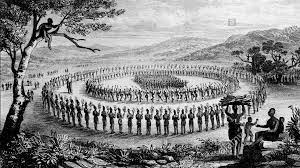
 2. Once the date for the main inxwala was set, a clarion call was
2. Once the date for the main inxwala was set, a clarion call was 

 2. The sun, ilanga, the stars, inkanyezi and the moon, inyanga, are the most significant celestial beings that affected several aspects of the Ndebele community. One day is known as ilanga or usuku and a month is known as inyanga.
2. The sun, ilanga, the stars, inkanyezi and the moon, inyanga, are the most significant celestial beings that affected several aspects of the Ndebele community. One day is known as ilanga or usuku and a month is known as inyanga. 
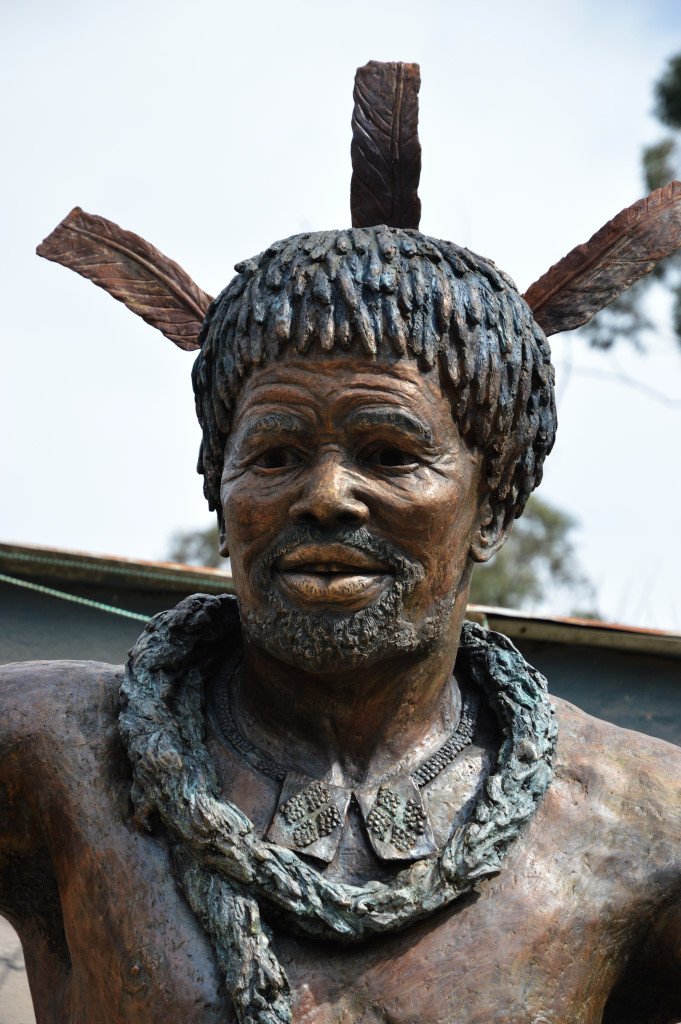
 2. The name Somhlolo ('man of mysteries') is in reference to the mysteries, uncommon wisdom and prophetic gifts that were associated with his life. It is said that on the day that he was born his father was struck by lightning.
2. The name Somhlolo ('man of mysteries') is in reference to the mysteries, uncommon wisdom and prophetic gifts that were associated with his life. It is said that on the day that he was born his father was struck by lightning.

 2. After the collapse of the Ndwandwe empire, Soshangana, along with his four brothers followed the example of other Ndwandwe parties by fleeing King Shaka. They took a route along the eastern foothills of Lubombo through Mngomezulu to the upper Tembe River.
2. After the collapse of the Ndwandwe empire, Soshangana, along with his four brothers followed the example of other Ndwandwe parties by fleeing King Shaka. They took a route along the eastern foothills of Lubombo through Mngomezulu to the upper Tembe River.

 2. The early Kalanga ancestors are believed to be the Zhizo farmers whose descendants subsequently established the Leopard's kopje culture between AD 420 and 1050 characterised by special stone architecture and decorative pottery.
2. The early Kalanga ancestors are believed to be the Zhizo farmers whose descendants subsequently established the Leopard's kopje culture between AD 420 and 1050 characterised by special stone architecture and decorative pottery.

 2. Gift exchange : Once the relationship is ripe, the couple intending to get married exchanges gifts to demonstrate their love and commitment. The gift can be a piece of jewelry, handkerchief, a tie etc.
2. Gift exchange : Once the relationship is ripe, the couple intending to get married exchanges gifts to demonstrate their love and commitment. The gift can be a piece of jewelry, handkerchief, a tie etc. 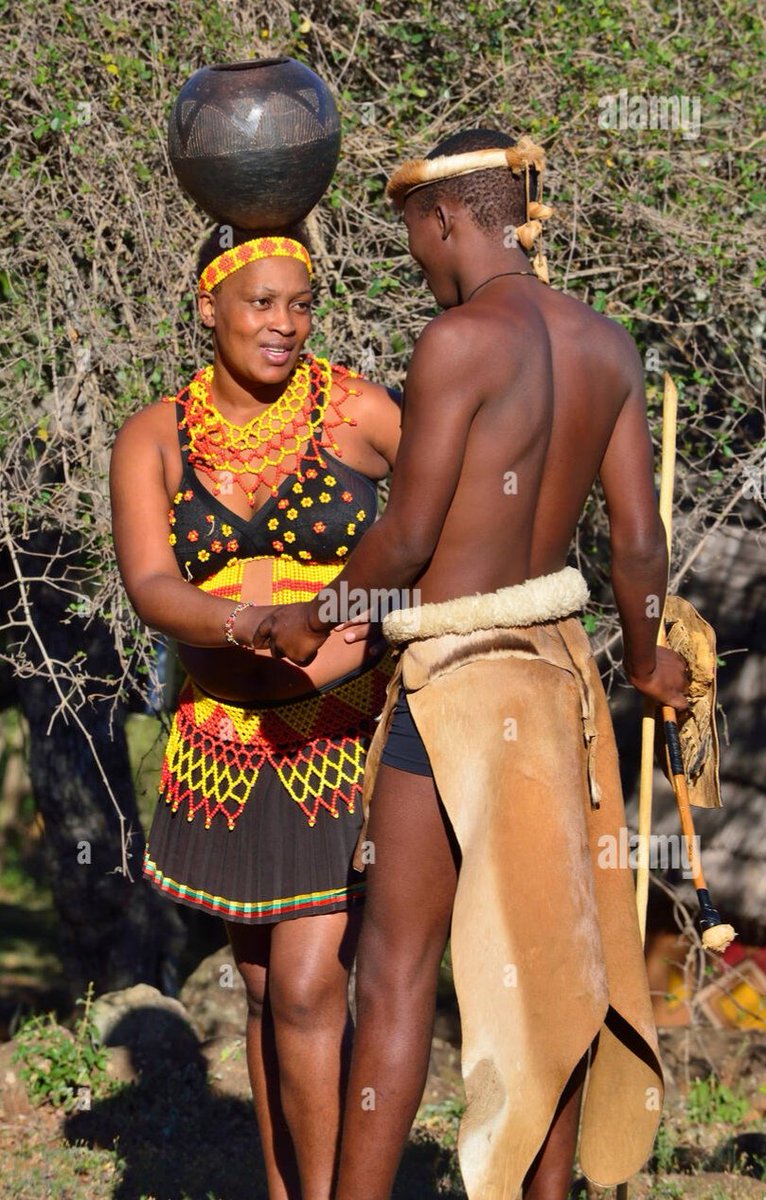

 2. Divorce was very rare in Ndebele societies as marriage was viewed as a permanent covenant. Adultery was not an automatic ground for divorce as the elders intervened to preserve the union. A man could not chase away his wife and was free to marry as many as possible.
2. Divorce was very rare in Ndebele societies as marriage was viewed as a permanent covenant. Adultery was not an automatic ground for divorce as the elders intervened to preserve the union. A man could not chase away his wife and was free to marry as many as possible. 

 2. The Shangwe are believed to be descendants of the Mbire - Korekore group and the Hungwe who migrated into the Zambezi Valley at various time intervals from the beginning of the 15th century.
2. The Shangwe are believed to be descendants of the Mbire - Korekore group and the Hungwe who migrated into the Zambezi Valley at various time intervals from the beginning of the 15th century.

 2. The village elders periodically gathered all the boys who had reached puberty stage. They were stripped naked and sent out into the veld. They were not permitted to speak to each other nor to eat anything except pumpkins. They were not even allowed to drink water as well.
2. The village elders periodically gathered all the boys who had reached puberty stage. They were stripped naked and sent out into the veld. They were not permitted to speak to each other nor to eat anything except pumpkins. They were not even allowed to drink water as well. 

 2. Once a girl experienced her first menstruation, she reported that to her mother, aunt or grandmother. Thereafter, the head of the homestead being her father or other male guardian like an uncle or grandfather was informed of this important development.
2. Once a girl experienced her first menstruation, she reported that to her mother, aunt or grandmother. Thereafter, the head of the homestead being her father or other male guardian like an uncle or grandfather was informed of this important development. 
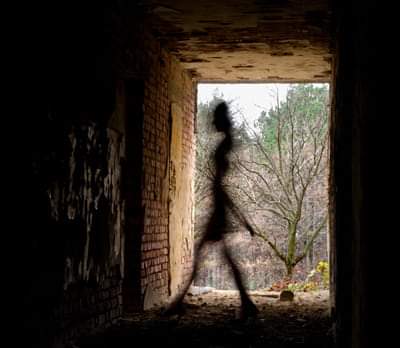
 2. Isithunzi hangs around where the deceased used to spend most of his time. It is said that the spirit being will not be aware that it has been separated from the body. People will continue seeing the deceased until special ceremonies are done for his spirit to go in peace.
2. Isithunzi hangs around where the deceased used to spend most of his time. It is said that the spirit being will not be aware that it has been separated from the body. People will continue seeing the deceased until special ceremonies are done for his spirit to go in peace. 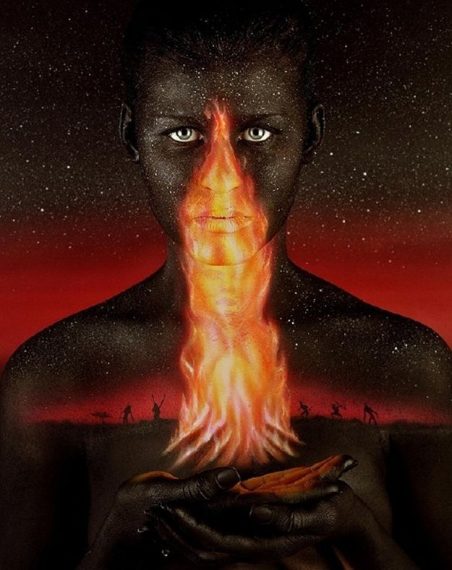

 2.The Lemba people are known by different names in different places where they lived and continue to live. Among the Venda speaking people the Lemba are known as vhaLemba or vhaShavhi; among the northern Sothos they are known as maLepa.
2.The Lemba people are known by different names in different places where they lived and continue to live. Among the Venda speaking people the Lemba are known as vhaLemba or vhaShavhi; among the northern Sothos they are known as maLepa.
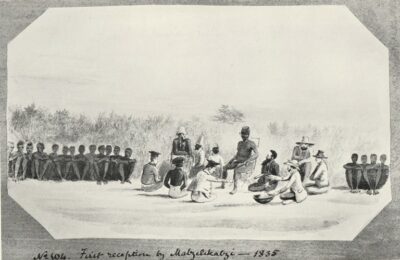
 2. Amanxusa were the royal police force, whose duty was to maintain peace and order in the royal palace, courts and at national ceremonies like Inxwala. They also acted as ushers for visitors or at national events. They had arresting powers. They reported directly to the King.
2. Amanxusa were the royal police force, whose duty was to maintain peace and order in the royal palace, courts and at national ceremonies like Inxwala. They also acted as ushers for visitors or at national events. They had arresting powers. They reported directly to the King. 